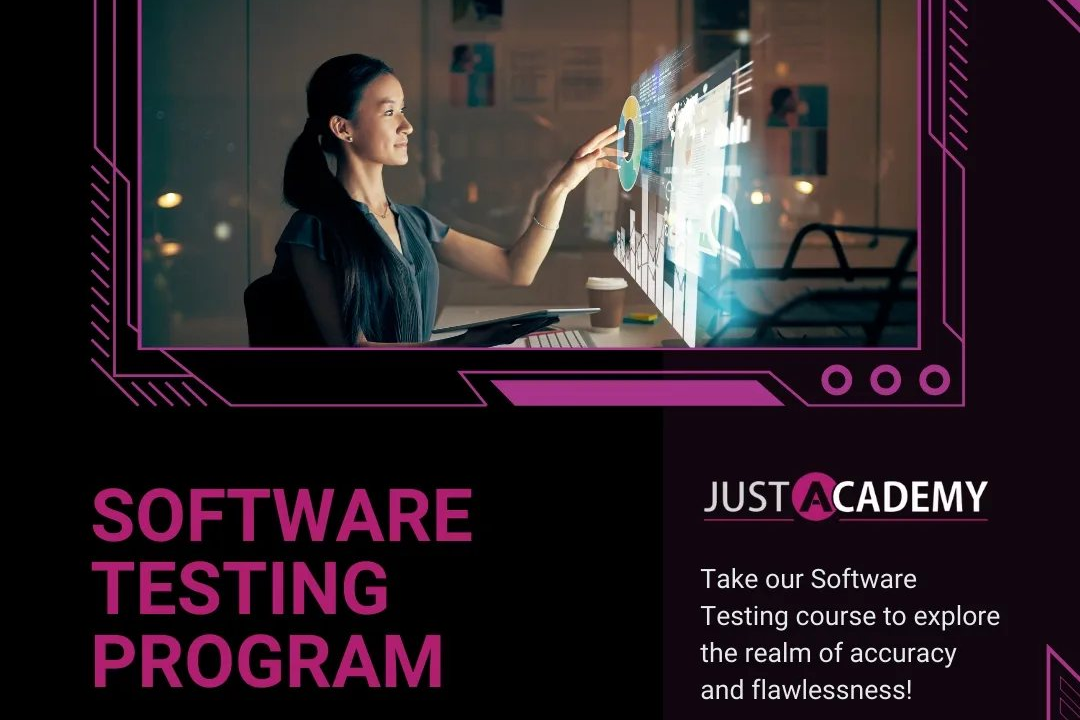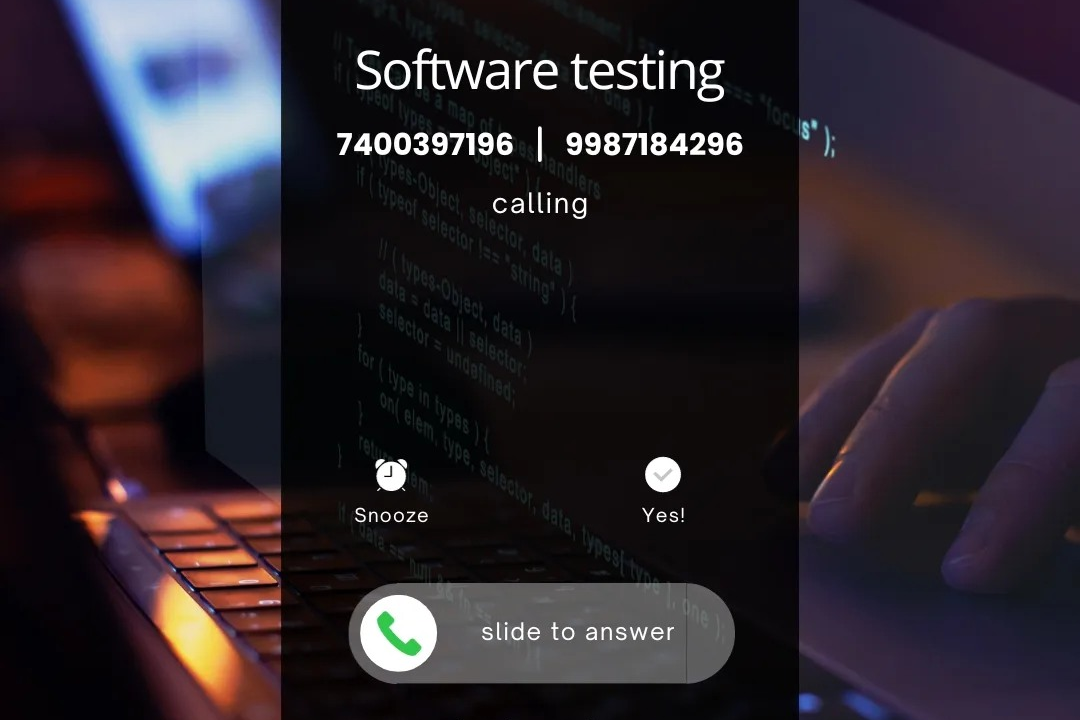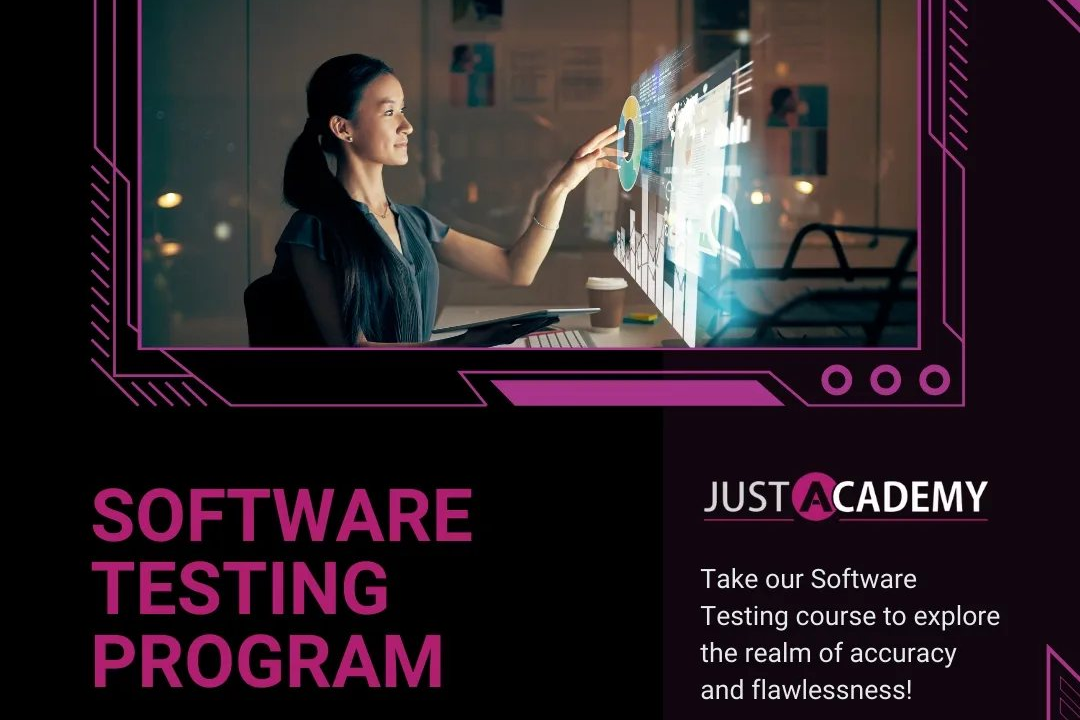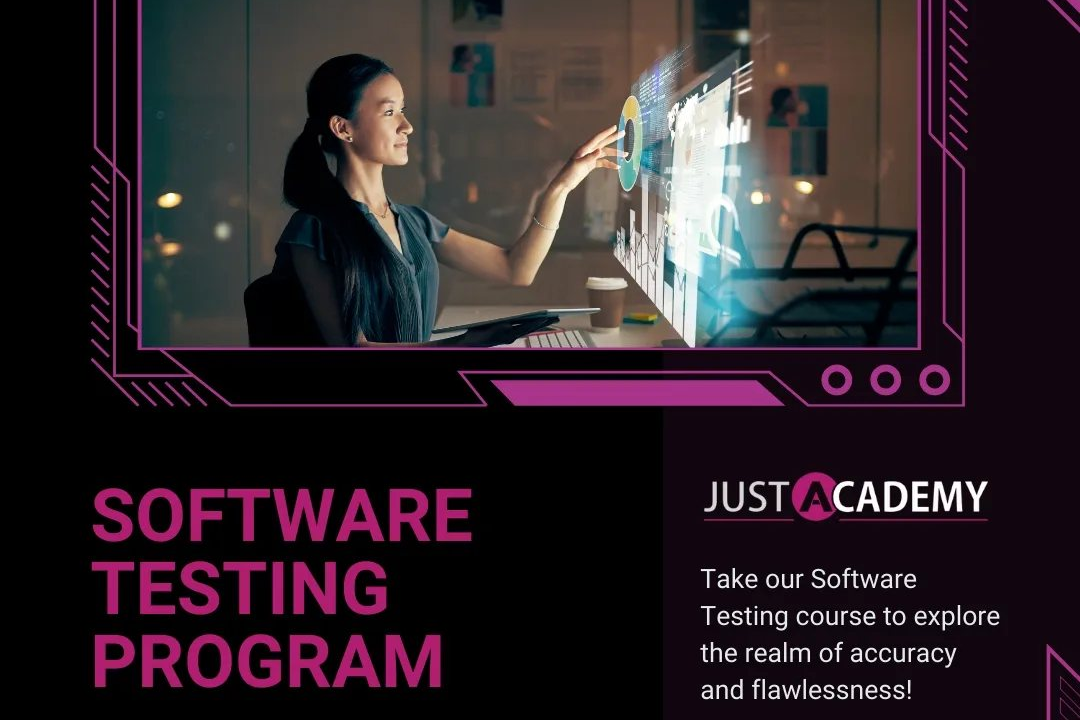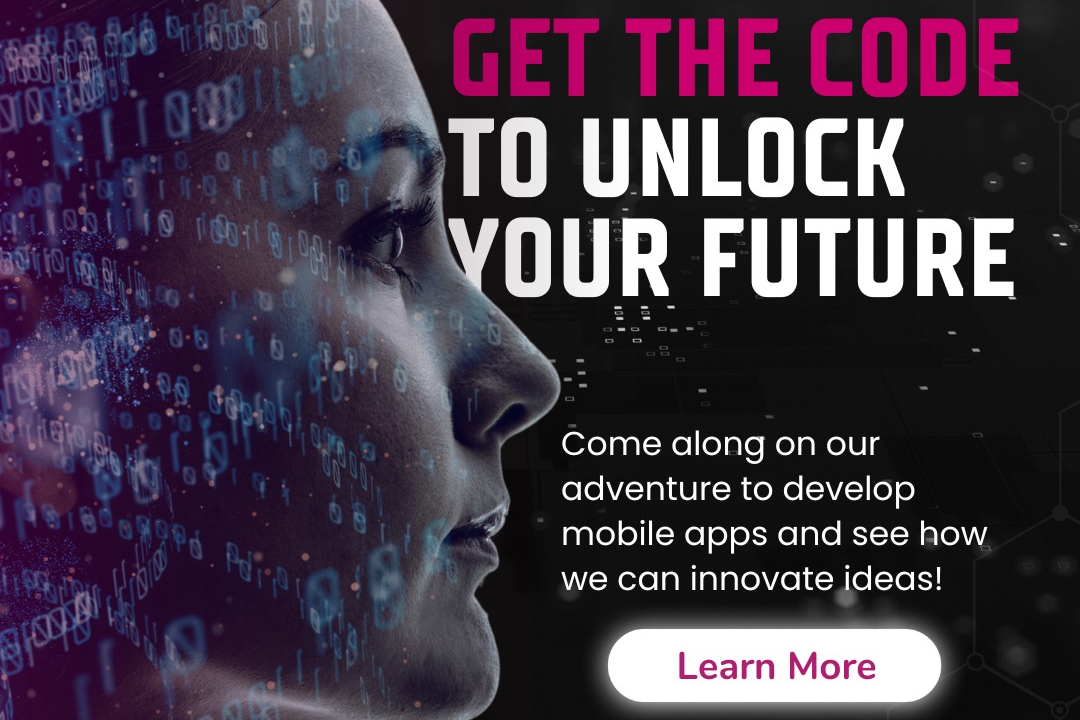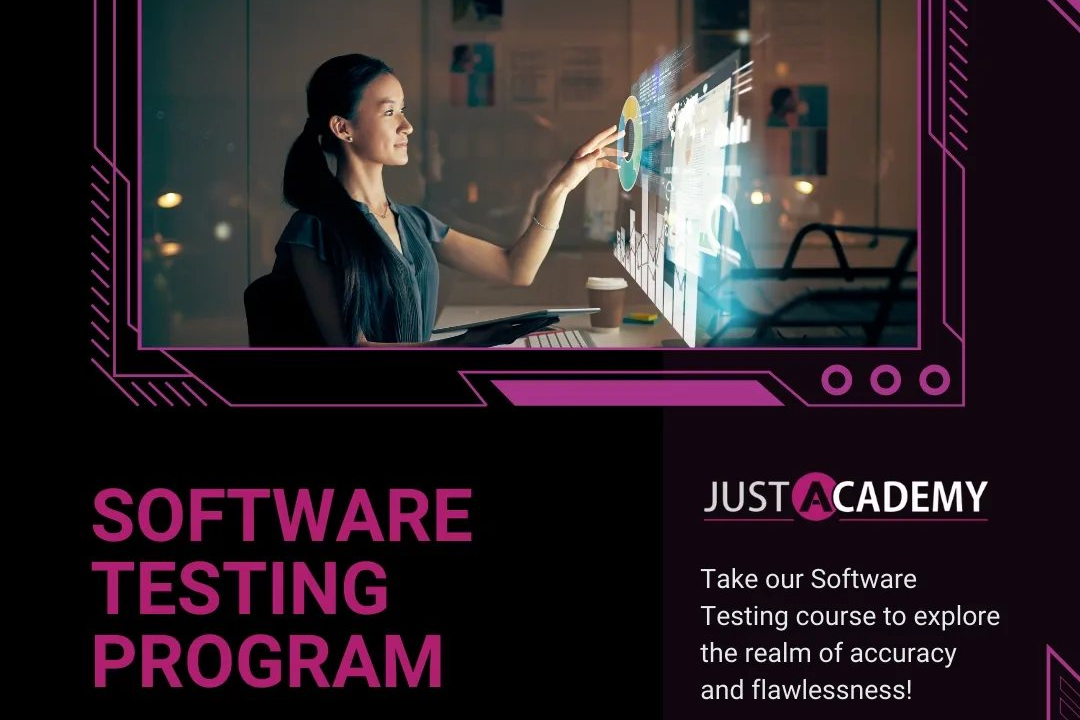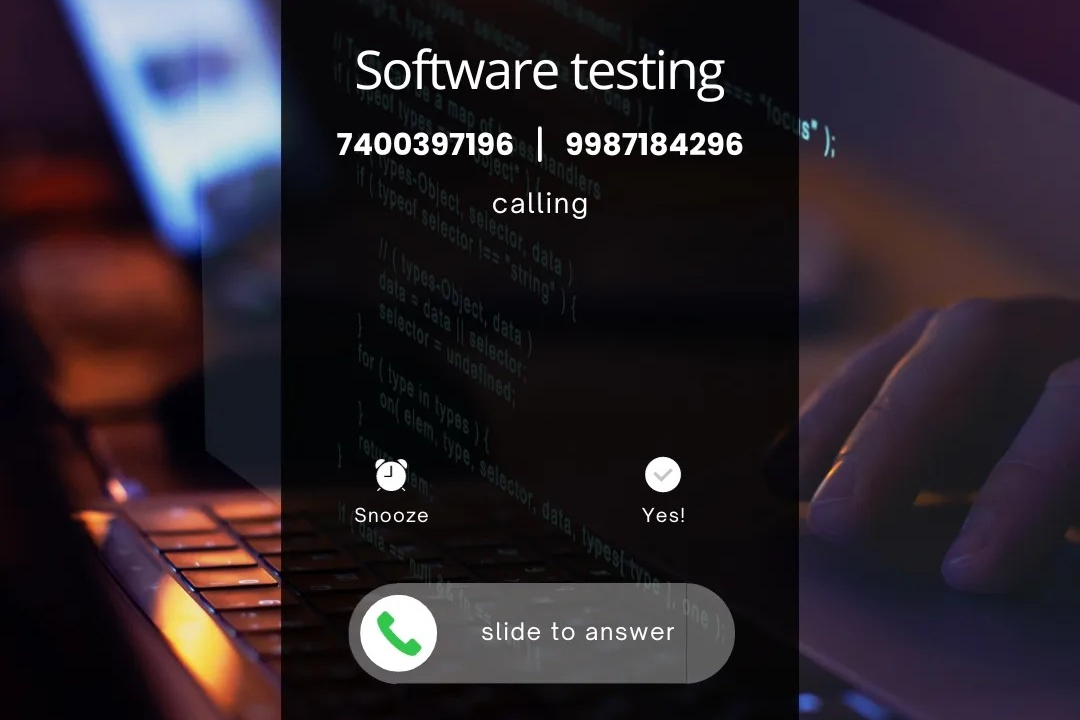python full stack developer course syllabus
Comprehensive Python Full Stack Developer Curriculum
python full stack developer course syllabus
A Python Full Stack Developer Course Syllabus typically covers a comprehensive range of topics designed to equip students with the necessary skills for web development. The syllabus begins with foundational Python programming, including data structures, control flow, and libraries. It then progresses to web development frameworks such as Flask or Django for backend development, where students learn to create APIs, handle databases (using SQL or ORM), and implement authentication. Frontend development topics often include HTML, CSS, and JavaScript, along with frameworks like React or Angular, focusing on building responsive user interfaces. Additionally, the syllabus may cover version control systems (like Git), deployment strategies, best practices in software development, testing techniques, and real-world project experience to prepare students for full-stack development roles.
To Download Our Brochure: https://www.justacademy.co/download-brochure-for-free
Message us for more information: +91 9987184296
1 -" and including brief descriptions for each module or topic.
- Introduction to Web Development
- Overview of web development, including client side and server side concepts. Understanding of how the web works, including HTTP, browsers, and servers.
- 2) HTML Fundamentals
- Learning the structure of web pages using HTML. Topics include elements, attributes, forms, and semantic HTML to create accessible web interfaces.
- 3) CSS for Styling
- Introduction to Cascading Style Sheets (CSS) for styling web pages. Concepts include selectors, properties, layout models (Flexbox, Grid), and responsive design techniques.
- 4) JavaScript Basics
- Understanding JavaScript as a programming language for the web. Covering variables, contstructures, functions, and DOM manipulation for interactive client side applications.
- 5) Introduction to Frontend Frameworks
- Exploring modern JavaScript frameworks like React or Vue.js. Understanding components, state management, and building single page applications (SPAs).
- 6) Version Control with Git
- Learning version control principles using Git. Topics include repositories, commits, branches, and collaboration through platforms like GitHub.
- 7) Backend Development with Python
- Introduction to Python programming (if not prior knowledge). Covering data structures, functions, and an overview of Python web frameworks like Flask or Django.
- 8) RESTful APIs
- Understanding REST principles and how to build RESTful APIs using Python. Learning about routes, request handling, and data serialization (JSON).
- 9) Database Management
- Introduction to databases, SQL, and using ORM (Object Relational Mapping) with frameworks like SQLAlchemy or Django ORM. Understanding database design and relationships.
- 10) User Authentication and Authorization
- Implementing secure user authentication systems. Covering login, registration, password hashing, and managing user sessions with tokens or sessions.
- 11) Frontend Backend Integration
- Learning to connect frontend applications with backend APIs. Understanding AJAX, Axios, or Fetch API for making asynchronous requests.
- 12) Deployment and Hosting
- Exploring options for deploying applications. Learning about platforms like Heroku, AWS, or DigitalOcean to host full stack applications.
- 13) Testing and Debugging
- Understanding the importance of testing in software development. Learning about unit tests, integration tests, and using tools such as pytest or unittest in Python.
- 14) Introduction to DevOps Concepts
- Basic understanding of DevOps practices. Topics include continuous integration/continuous deployment (CI/CD), infrastructure as code, and containerization using Docker.
- 15) Project Development
- Applying all learned skills to develop a complete full stack project. Planning, developing, and deploying a project that showcases both frontend and backend capabilities.
- 16) Capstone Project
- A comprehensive project that integrates all aspects of the course. Students will build a functional web application from scratch to demonstrate their full stack development skills.
- 17) Professional Development
- Guidance on building a professional portfolio, preparing a resume, and conducting job interviews for roles as a full stack developer.
- This structured syllabus aims to cover the essential skills and knowledge required to become a proficient Python Full Stack Developer, preparing students for real world applications and job readiness.
- Browse our course links : https://www.justacademy.co/all-courses
- To Join our FREE DEMO Session: Click Here
- Contact Us for more info:


